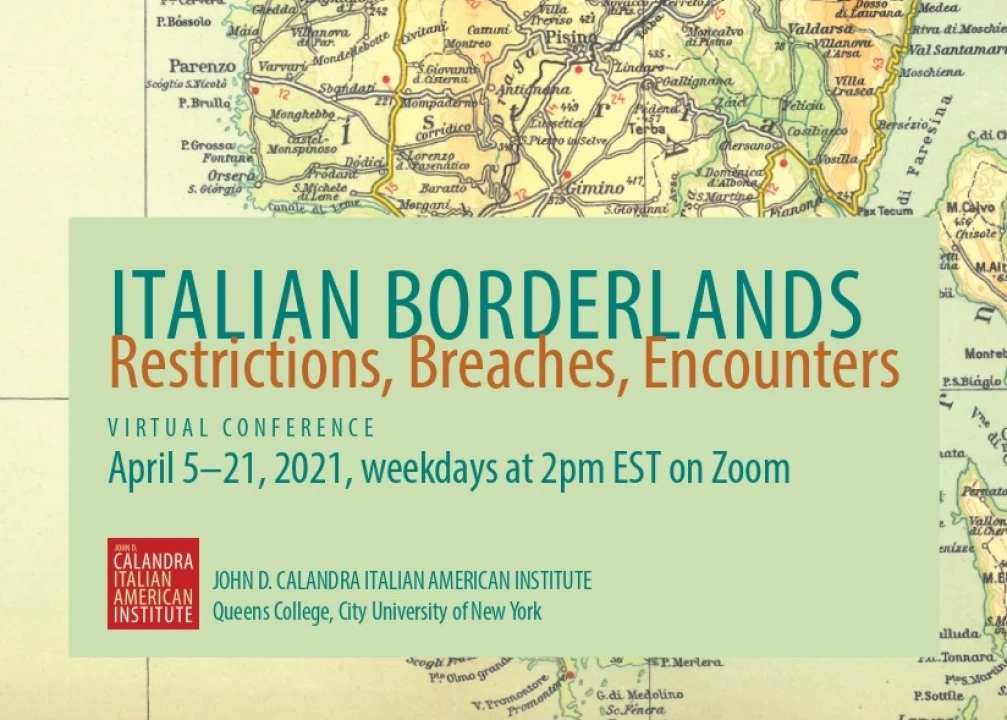Borders can be concrete parameters, and they can also be metaphorical markers. Either way, the border as a political, economic, cultural, and personal site, one to be policed, extended, breached, opened, celebrated, and/or erased, has long been of interest to those concerned with Italy. The areas of scholarly inquiry are as infinite as the varied Italian and Italianate borders themselves.
Irredentism and colonialism were policies the newly created nation state officially promoted and enacted as a means to augment the scope of its boundaries. Italian immigrants, in turn, extended the boundaries of their respective villages and towns through transnational networks and diasporic realms. In the twenty-first century a global economy, digital communications, and migrants and refugees arriving to Italy, among other matters, have brought renewed attention to the question of political borders.
In addition, larger concepts of boundaries—those not necessarily tied to geopolitical questions—have more and more come to inform collective and self identities in ways that also connect to changing notions of Italy and Italian borders. In the cultural realm, a binary border demarcating inclusion/exclusion is a constantly articulated and negotiated site of discursive and performed authenticity even as it is disrupted or otherwise ruptured, leading to hybridic possibilities and formations. The “real Italian” embodied in such phenomena as a globalized and transcultural cuisine, or new migrations to and from Italy, is an example of enforced and ever-contested identities. If ethnicity can be understood as both identity construction and display, negotiated at points of encounter between various groups, as anthropologist Fredrik Barth proposed, then the boundary itself can also be seen as a dynamic source of cultural expressivity.
This interdisciplinary conference builds on recent books, symposia, and conferences investigating similar themes of Italian borderlands. The 2021 Calandra Institute conference proposes a transnational, mobile, and inclusive approach to Italy and “Italians”—including inhabitants of the nation-state, members of the diaspora, and former colonial subjects—as it positions itself at the border in an attempt to elucidate the consequences and possibilities that border studies suggest and to gain a deeper understanding of class, gender, and race.
This year’s conference will be entirely virtual. Each weekday from April 5 to April 21, 2021, one presentation or panel will take place at 2pm EST.
Capacity at each Zoom event is 100 participants max. See session descriptions on the program here for registration links for each event.
For more information, email [email protected] or call 212-642-2094.



